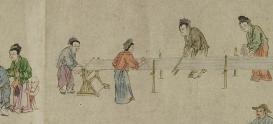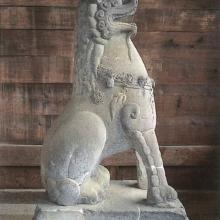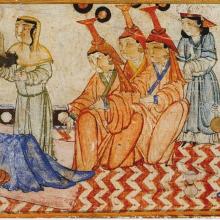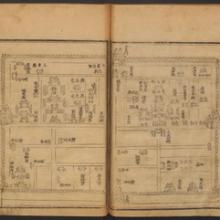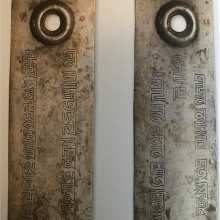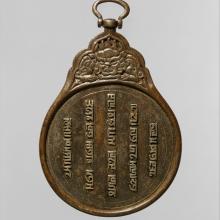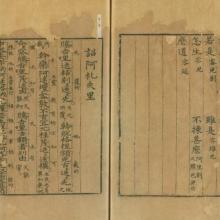The working group “Ability and Authority” explores the ability and authority of various experts in China beyond the literati. Historians of China have overwhelmingly understood Chinese society as venerating one kind of expertise—literati bookish knowledge and scholarly skills—above all others, especially from the tenth century onwards. And on the rare occasions when other groups of experts are studied, the voice of the state and the scholarly elite, rather than the voices of the experts themselves, dominates. “Ability and Authority” takes the perspective of these non-elite experts, thus rethinking categories of knowledge, labor division and social relations in imperial China.
Phase I
We are currently wrapping up Phase I (see bottom of page), which focused on the period 1200–1450. Researchers have been exploring a variety of sources to identify specific abilities and the authority ensuing from them in the spheres of astronomy, sacred sculpture, navigation, translation and interpretation, ink-making, diplomacy, military leadership, porcelain-making, door-keeping, etc. A special issue on this topic is in preparation.
Phase II
In Phase II, the “Ability and Authority” working group extends chronologically to the mid- and late Ming period (1200-1600), when renewed commercialization first accompanied, and then overtook bureaucratic management of labor and expertise. We are interested in how Chinese practice and thought was not transmitted from places across Asia, but also from as far away as Europe after the beginning of the sixteenth century. We remain committed to a cross-dynastic and cross-cultural approach to the question of how politics and political events interacted with China’s knowledge cultures. However, we are also interested in those social-material histories of practice and working lives that had no immediately-evident wider political impact. We believe that the collaboration of scholars focusing on particular lines of work (occupations) will, in the long run, enable a comprehensive bottom-up history of knowledge and social history in the Yuan and Ming periods.
Questions of interest:
(which assume that there will be variety across space and change over time):
- What knowledge, skills, and social relationships defined expertise?
- How was expertise cultivated and evaluated, and by whom?
- How was authority acclaimed through expertise?
Recent Activities and Collaborations
On September 29, 2023, the symposium “Migration, Mobility, and Expertise” co-organized by Felicia Gottmann and Qiao Yang took place at the MPIWG. The symposium brought together MPIWG scholars and the project "Migration, Adaptation, Innovation: 1500–1800,” funded by UK Research and Innovation, to discuss skilled migration and scientific and technological innovation in premodern, early-modern and modern periods.
On December 7-8, 2023, the international conference “The Golden Horde: Art, Material Culture, and Architecture,” co-organized by Qiao Yang, Eiren Shea and Ittai Weinryb, took place at the MPIWG. The conference explores art and material culture in the 250-year history of the Golden Horde, a nomadic regime with origins in the Mongol Empire, that controlled a vast territory from the Danube in the west to beyond the Ural Mountains in the east.
News and Upcoming Events:
Thyssen Grant Awarded to Qiao Yang, Ittai Wienryb, and Eireen Shea
for "The Golden Horde: Art, Material Culture, and Architecture (1227–1502)"
Individual Collaborators (2020-2027):
Eiren Shea, Ittai Weinryb, Felicia Gottmann, Shiuon Chu

